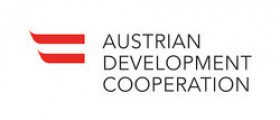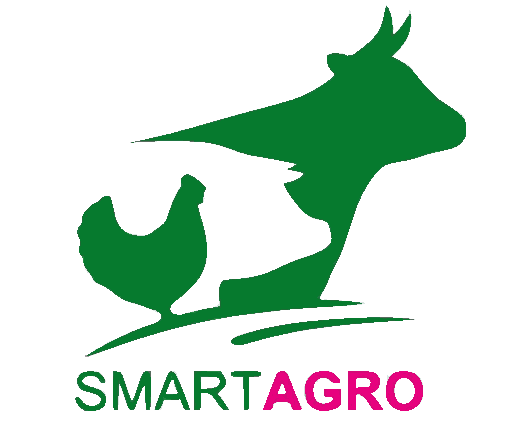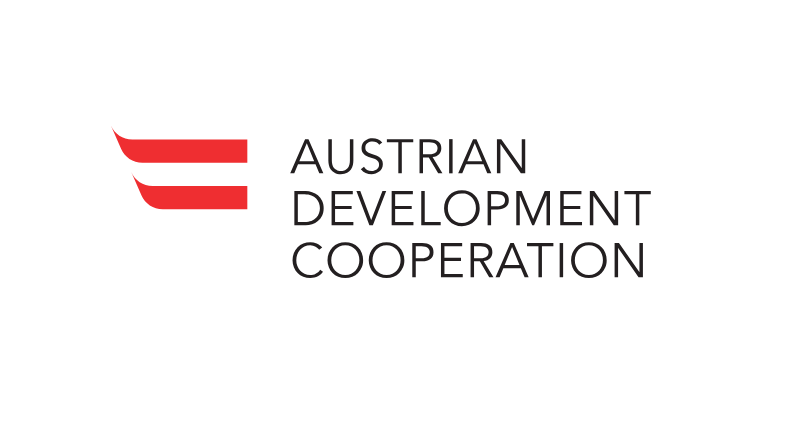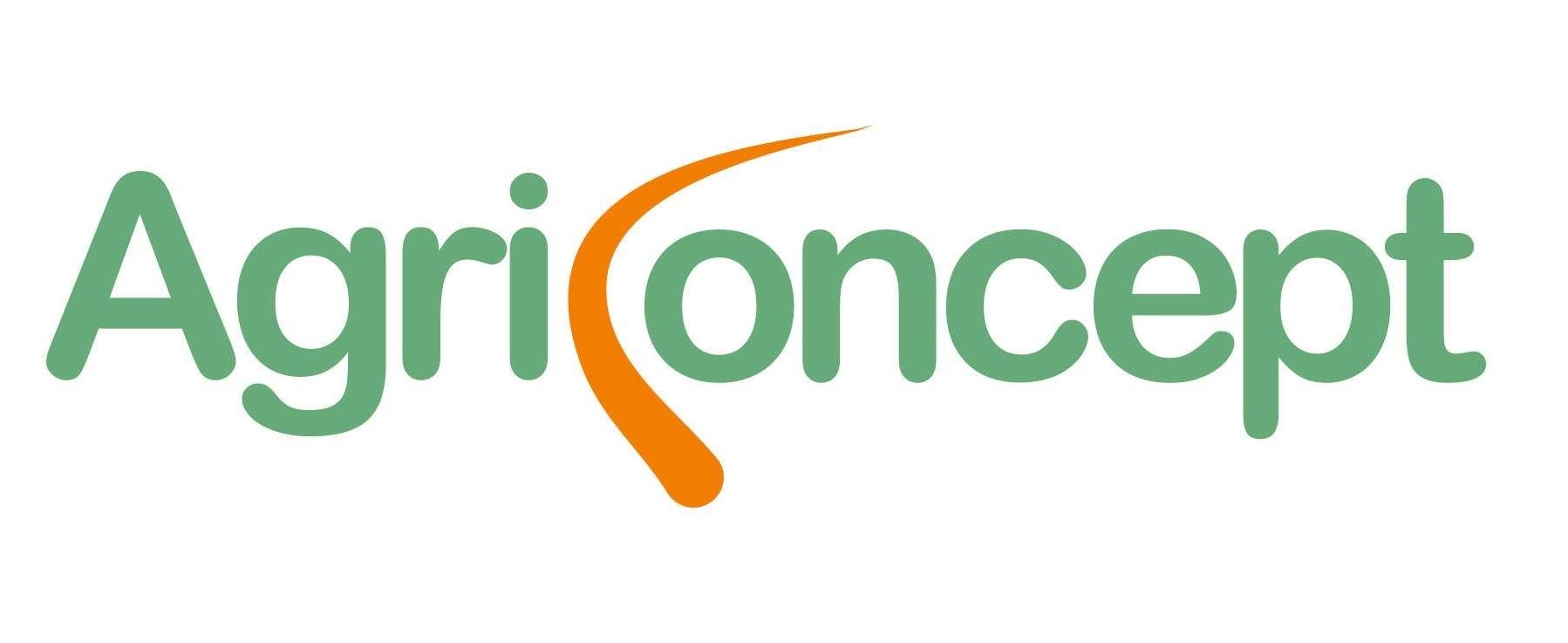ADC - JOIN
SUPPORTED BY


JOIN is designed to build on the STAGE II project, operating in the border regions of Southern Georgia (Samtskhe-Javakheti and Kvemo Kartli) and Northern Armenia (Lori, Tavush and Shirak). While STAGE II aimed primarily at enhancing cooperation between local government and local civil society organisations (CSOs) in-country as well as at fostering links and cooperation between the border regions of Armenia and Georgia, JOIN will focus on pro-poor growth in the agricultural sector, including agro-tourism. JOIN will assess options for income generation for small scale farmers and producers in local agricultural markets and coordinate the support of local government, private sector and civil society to developing these value chains.
The project has the overall objective to contribute to poverty reduction in the border regions of Georgia and Armenia through improved cooperation between government, civil society and the private sector in the socioeconomic field. JOIN will build and expand on the achievements of the STAGE I and II projects as well as include the private sector as an actor that will sustain and scale the economic benefits that accrue to project participants within project activities – in line with CARE’s programme strategy. The project purpose is to promote an enabling environment for pro-poor socioeconomic development through participatory planning, improved cooperation and exchange of market relevant information among local governments, CSOs and the private sector.
This will be achieved through 3 inter-related results:
– ER1: LG, CS and the private sector jointly plan and implement gender-sensitive municipal development plans for sustainable socioeconomic development
– ER2: Sustainable BDICs provide market-relevant information and trainings to LG, CS and the private sector in support of strengthening local value chains (in selected fields such as agriculture)
– ER3: Institutionalised coordination mechanisms between national and involved local stakeholders are established to effectively address local socioeconomic development needs
The project will build capacities of local farmers by engaging them in analysis of market systems, identifying their competitive advantages as potential entry points to agricultural value chains. Based on this analysis, the project will facilitate the development of strategies to change market systems in order to make them more inclusive (see M4P approach). Measures for market interventions will focus on information exchange on rules that govern the market (e.g. quality standards, export, packaging, etc.) as well as supporting functions (e.g. skills and capacity).
Activities under the first component will focus on coordinating relevant actors of market systems (LG, CSOs and PS companies) in order to strengthen selected value chains. This will be done in the form of Municipal Working Groups, which review the local development plans, with the aim of aligning these plans best to the identified market access strategies and coordinating the different actors’ roles. The MWGs will contribute to implementing specific initiatives (e.g. small infrastructural projects, support to marketing regional products, etc.) through a small grants scheme. Activities under the second component of the project will focus on offering information relevant to the development of the selected value chains through the establishment of business development and information centres (BDICs). The third component takes into account the fact that market systems operate in a broader political and economic context: It establishes linkages between local market actors and national level actors with the aim of scaling up existing models, leveraging additional support and advocating for necessary policies to support pro-poor market systems. Each of the 3 results supports the others: The review of municipal development plans (ER 1) is based on the assessments in the inception phase and will, on its turn, influence the type of information provided in the BDICs (ER 2). The information and experience gathered through ER 1 and 2 will be communicated to national-level stakeholders in ER 3, which, again, will thus be able to support the successful and sustainable impact of ER 1 and 2.
JOIN team: Lilit Grigoryan, Liaison Officer
Dec 24 2012
LOCAL ACTORS JOIN FOR INCLUSIVE ECONOMIC DEVELOPMENT AND GOVERNANCE IN THE SOUTH CAUCASUS (JOIN)
Regional development in Armenia is in a transition period. Although there are some good examples of both local and central government support in implementing economic and social reforms targeted to increase the well-being of the local population, still, there are challenges that need to be addressed from the public, private and NGO sectors. An ADC-funded“Local Actors Join for Inclusive Economic Development and Governance in the South Caucasus“ (JOIN) project is being implemented by CARE Österreich and CARE International in the Caucasus together with partner organizations – the Center for Agribusiness and Rural Development (CARD) Foundation in Armenia and the Civil Development Agency (CiDA) in Georgia. JOIN builds and expands on the achievements of the STAGE I and...









